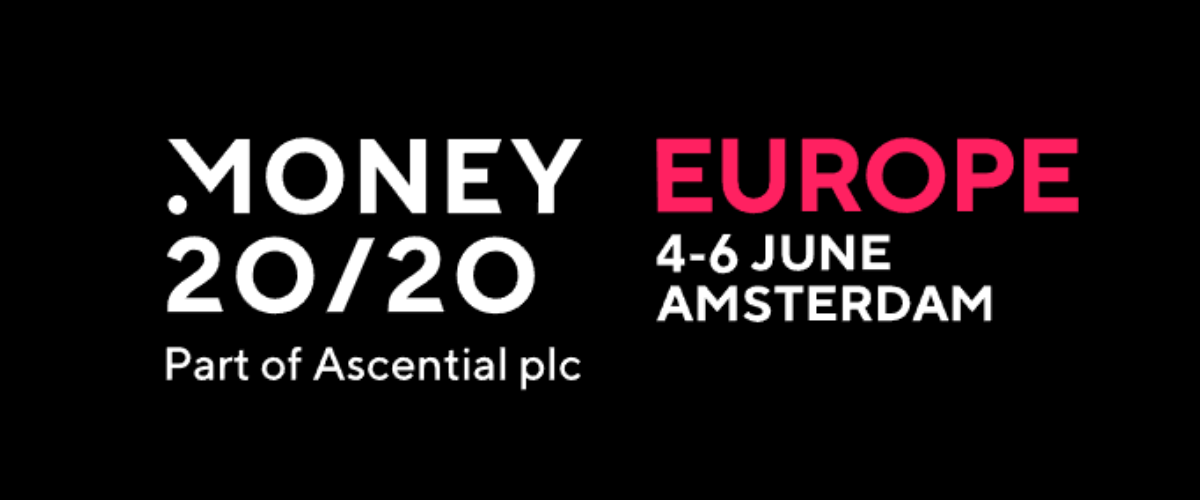In the annals of technological evolution, the rise of blockchain and its most renowned offspring, cryptocurrencies, will undoubtedly secure a prominent chapter. As the global community grapples with the implications of this profound shift, it becomes evident that more than just technology, we’re witnessing a philosophical, economic, and societal transformation. Here’s a deep dive into how this digital marvel is reimagining our everyday transactional paradigm, influencing everything from the purchase of a coffee to a multinational business deal.
1. The Ethos of Decentralization: A Fundamental Reimagining
Centralization, for long, has been the cornerstone of human organizational structures. Be it
governments, banks, or corporations, a centralized authority has traditionally held power. Blockchain challenges this foundational principle by promoting decentralization. In traditional commerce, intermediaries play a significant role. These entities, while offering value, also introduce inefficiencies, vulnerabilities, and costs to the system. By creating a decentralized ledger system, blockchain offers a more direct, transparent, and efficient transaction avenue.
2. Global Commerce: Unshackled and Accelerated
The age of globalization demands rapid, transparent, and cost-effective cross-border transactions. Traditional financial systems, with their myriad of regulations, intermediaries, and fees, often stumble in meeting these demands. Cryptocurrencies, inherently borderless, are poised to redefine cross-border transactions. A business in Sweden can engage with a supplier in South Africa without concerning themselves with exchange rates, bank charges, or prolonged wait times, heralding a genuinely globalized economy.
3. Financial Democracy: Bringing Banking to Every Doorstep
It’s a startling reality that a significant portion of the global population remains outside the ambit of the formal banking system. These individuals, due to various reasons ranging from geographic challenges to socioeconomic factors, find themselves excluded from global commerce. Cryptocurrencies can democratize access to banking. All one requires is a basic internet connection, and they can transact with anyone globally, effectively banking the unbanked. This holds potential not just for individual empowerment but also for unleashing a massive economic potential hitherto dormant.
4. A Transparent Tomorrow: Blockchain’s Trust Revolution
Trust is a cornerstone of commerce. Yet, in todays complex web of transactions, achieving transparency and trust is challenging. Blockchain offers a solution through its transparent, immutable ledgers. Every transaction, once recorded, is visible to all and can’t be altered retrospectively. For businesses and consumers, this means a heightened level of trust. Whether it’s ensuring ethical sourcing in supply chains or verifying the authenticity of a transaction, blockchains transparent ledgers can revolutionize commercial trust dynamics.
5. Embracing the Micropayment Economy
The digital age has democratized content creation. However, monetizing such content remains challenging, especially when transactions are minuscule. Traditional payment gateways, with their fixed charges, make such micropayments economically unviable. Cryptocurrencies can catalyze a micropayment revolution. Content creators, be it writers, artists, or game developers, can charge nominal amounts without incurring disproportionate transaction fees. This could lead to novel content monetization models, benefiting both creators and consumers.
6. Battling the Counterfeit Conundrum
Counterfeit products, spanning industries from luxury goods to pharmaceuticals, pose a multi-billion dollar challenge to the global economy. Ensuring product authenticity is often cumbersome and unreliable. Blockchain offers an ingenious solution. Each product can be tagged with a unique digital identifier recorded on the blockchain. Buyers can easily verify this identifier, ensuring they receive genuine products. This not only curtails counterfeiting but also boosts consumer confidence and brand value.
7. Reinventing Loyalty: Beyond Points and Discounts
Todays loyalty programs, while valuable, are often siloed. Points earned in one platform are rarely usable elsewhere. Blockchain, with its decentralized ledgers, can reinvent loyalty programs, making them interoperable. Imagine earning loyalty tokens for a purchase at a supermarket, which you can then use at a gas station, a movie theater, or even convert into cryptocurrency. Such a system could redefine consumer engagement and loyalty dynamics.
8. Navigating the Regulatory Maze
As with any disruptive innovation, cryptocurrencies face regulatory challenges. Different countries are grappling with their stance on these digital assets, leading to a complex global
regulatory tapestry. However, this is a natural evolution. As regulatory frameworks mature, they’ll likely stabilize the cryptocurrency ecosystem, making it safer and more mainstream-friendly. While short-term challenges are inevitable, the long-term prospects remain robust.
9. The Green Dilemma: Cryptocurrency and the Environment
A significant critique of cryptocurrencies, especially proof-of-work-based ones like Bitcoin, is
their environmental impact. The energy-intensive mining processes have raised concerns. The crypto community, aware of these challenges, is actively seeking solutions. The shift towards proof-of-stake mechanisms, sustainable mining practices, and green energy sources indicates a collective move towards a more eco-friendly cryptocurrency landscape.
10. Bridging the Crypto Gap: Education and Adoption
For the masses to adopt cryptocurrencies, understanding is key. Many still view these digital assets with skepticism or confusion. Bridging this knowledge gap is crucial. Efforts are underway globally. From university courses to online tutorials, from seminars to workshops, there’s a concerted effort to demystify cryptocurrencies and blockchain for the average person.
11. The Evolution of E-commerce
Online shopping has already transformed commerce. Add cryptocurrencies to the mix, and the transformation accelerates. Cryptocurrencies can offer more efficient transaction methods, better buyer-seller trust protocols, and innovative loyalty programs, supercharging the e-commerce landscape.
12. The Future is Programmable: Enter Smart Contracts
Beyond cryptocurrencies, blockchains potential in programmable transactions, or smart contracts, is immense. These self-executing contracts can revolutionize industries, from real estate to entertainment to legal processes.
Conclusion
The interplay of blockchain and cryptocurrencies with everyday commerce is not just a technological evolution – it’s a societal and philosophical transformation. As we stand at this inflection point, the road ahead is full of possibilities. While challenges are part and parcel of any disruptive journey, the promise of a more inclusive, transparent, and efficient global commerce system is tantalizing. In the grand tapestry of human civilization, the blockchain-crypto chapter is being meticulously woven, promising a future where transactions are more than mere exchanges of value; they become embodiments of trust, inclusivity, and innovation.



